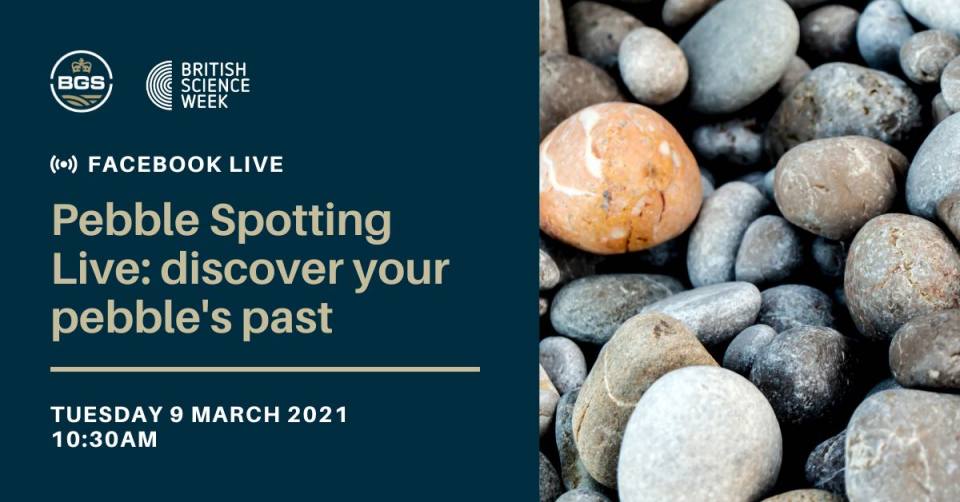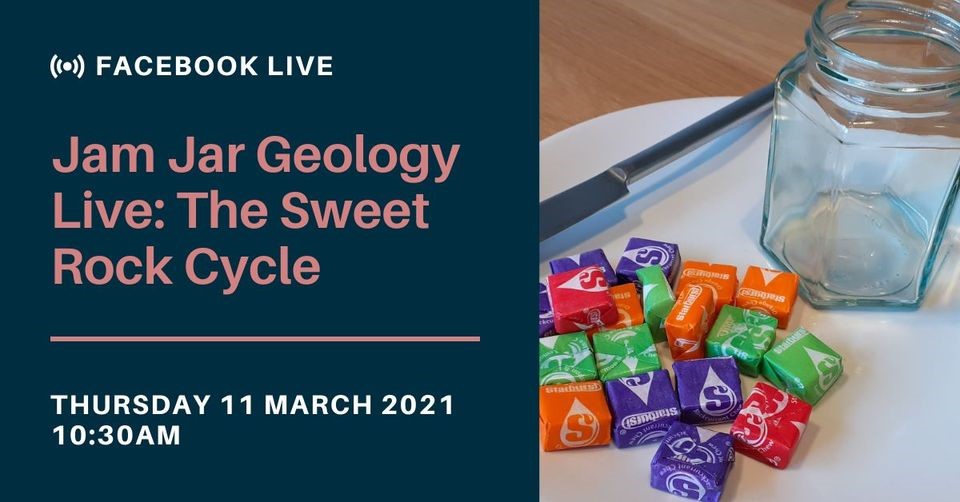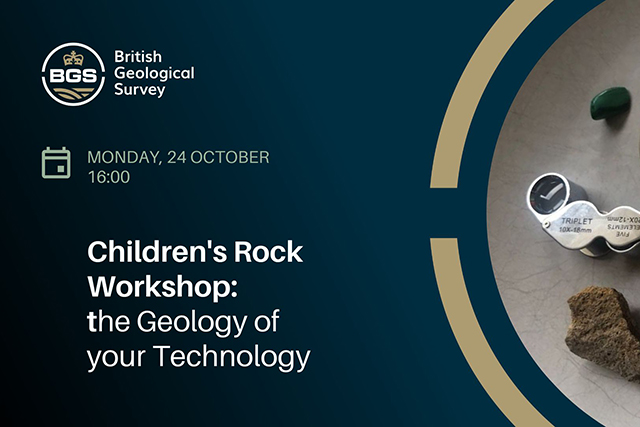British Science Week
BGS took part in British Science Week, a national celebration of science, technology, engineering and maths.
Event from 08/03/2021 to 12/03/2021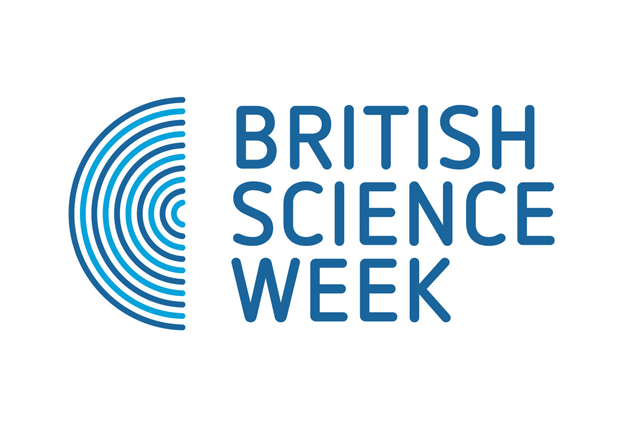
BGS took part in British Science Week 2021 online, a national celebration of science, technology, engineering and maths.
In the lead up to British Science Week, we shared on Facebook and on X @BritGeoSurvey some of the fantastic activities that we have on offer to complete at any time, such as JamJar Geology videos or craft activities to build dinosaur puppets and volcanos. These activities are a helpful supplement home schooling or learning about geology.
We had two fantastic workshops planned during British Science Week which have been recorded and are now available to watch back at any time.
Pebble Spotting Live: Discover Your Pebble’s Past
You can watch the recording of this session here.
Do you have a favourite rock? (Clive has lots!) Do you know what type of rock it is? And how it was made?
Join BGS geologist Clive Mitchell and make simple observations on the colour, minerals, fossils and feel of your rock to work out what it is in our Facebook Live activity.
You need:
- A rock 🪨
- A magnifying glass or hand lens 🔎
- Some paper, a pen and a ruler ✒️
This activity covers the Key Stage 2 (school years 3-6) requirements of observing, identifying and classifying igneous, metamorphic and sedimentary rocks and, in addition, the Key Stage 3 (school years 7-9) requirements to present data and report on the findings.
Jam Jar Live – The Sweet Rock Cycle
Watch the recording here.
Want to re-create the immense forces in the earth that make rubies and sapphires? Or see how simple raindrops can reduce a mountain to pieces?
Make your own sweet-based Rock Cycle including ‘lava in a Jam Jar’ in our Facebook Live activity! It will take about 15 minutes and you will need:
- Chewy sweets
- A knife or scissors
- Plate
- Microwave proof jar or mug
- Access to a microwave (not essential)
- An adult’s help
This activity covers the Key Stage 2 (school years 3-6) requirements of understanding the difference between igneous, metamorphic and sedimentary rocks and the Key Stage 3 (school years 7-9) requirements to understand stages of the rock cycle.
Instagram takeovers
All of our takeovers are now finished but you can watch them back on our Instagram story highlights at any time.
‘Hi, my name is Jade and I’m hosting a social media takeover on Monday 8th March. I will be posting short videos via the BGS Instagram account on stories throughout the day and I will be telling you about my role as a Hydrogeologist at BGS. I came to work at BGS after completing my PhD (funded by NERC) in collaboration with BGS and UK CEH. My career to date has been quite varied. After completing my Environmental Sciences BSc, I did an MSc in Hydrogeology. After graduating, I worked in consultancy for 4 years, and became chartered with CIWEM (MCIWEM, C.WEM, CSci), before starting my PhD. During my PhD, I also completed an Academic Fellowship with the Parliamentary Office of Science and Technology (POST, UK). I will be telling you more about my job, my studies and how I found my way into a career in environmental science/hydrogeology. Please feel free to get in touch on Monday and ask me any questions you may have.’

‘Hi, my name is Savannah and I’m a Stable Isotope Research Assistant at the BGS. I will be hosting a social media takeover on Tuesday 9th March, when I will be posting short videos on the BGS Instagram account story to demonstrate the sort of work I get up to in my role here and how I ended up in geoscience research. I started working with the BGS at the end of last year after finishing my PhD at the University of Nottingham studying palaeoceanography, so I will also be talking a bit about why studying geoscience (and in my case past climate change) is an important and fascinating choice, as well as the differences between working in technical and research focused roles. Please feel free to get in touch and I look forward to any questions that come in!’
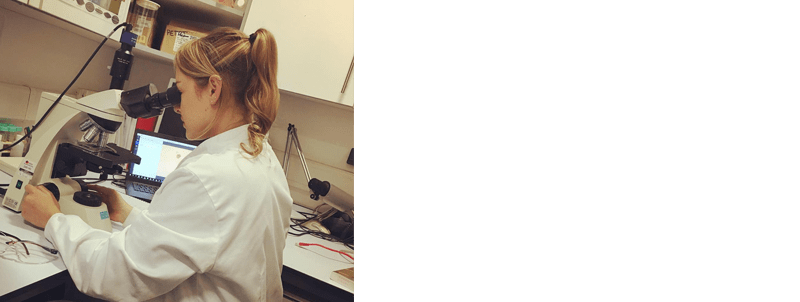
‘Hi, I’m Penny (pronouns: she/her). I’m going to be hosting a takeover on Instagram for British Science Week to talk about my role at the British Geological Survey, in digital communications. I actually don’t have any formal geological training, so my route to the organisation was a little different to most people’s! I wanted offer my version of how I started working for BGS so people realise you don’t have to be a geologist to work in geology! I’ll also give a bit of information about what we do in the digital comms team, how we connect to our audience and the other parts of BGS I’m involved with, like the EDI group.’
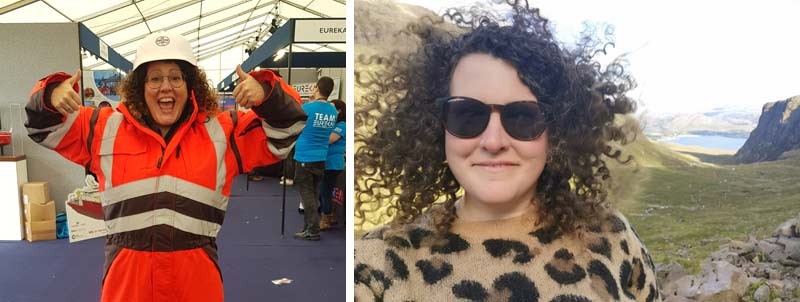
‘Hi, I’m Eloise and I’m hosting a takeover on Thursday for British Science Week. I’m going to be talking about my role at the British Geological Survey and my career so far. My role as Public Engagement and Events Assistant at BGS is part of the Corporate Communications Department. I have taken more of an unusual route into working at BGS via the apprenticeship scheme and I will be talking about how I became an apprentice, the support BGS has given me in doing this and where I am now. I’m really passionate about apprenticeships and think they are a fantastic way to learn new skills and will be available to answer lots of your questions throughout the day.’
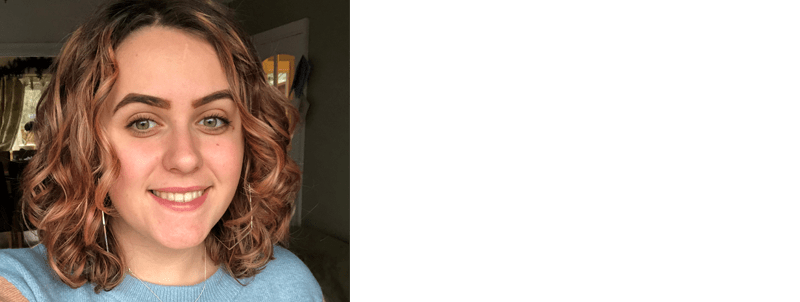
Hi, my name is Romesh and I’m hosting a social media takeover on Friday 12 March. I will be posting short videos via the BGS Instagram account on stories throughout the day and I will be telling you about my role as a geologist at BGS. I have been at BGS for 3 years, before which I did my undergraduate degree in Geology and my PhD in Quaternary sedimentology and Mediterranean tectonics in Northern Cyprus at the University of Edinburgh. I then spent two years working as a post-doc looking at the geochemistry of sedimentary rocks related to ancient volcanic systems in New Zealand. In my role as a geologist at BGS, I work on understanding the shallow-surface, which is important for engineering developments, groundwater models and natural hazard assessment. The work varies from understanding onshore and offshore glacial systems, to characterising fractures networks. My job relies on a combination of field work and interrogating national-scale borehole and GIS datasets. I will be telling you more about my job, my studies and how I found my way into a career in geology. Please feel free to get in touch on Friday and ask me any questions you may have.
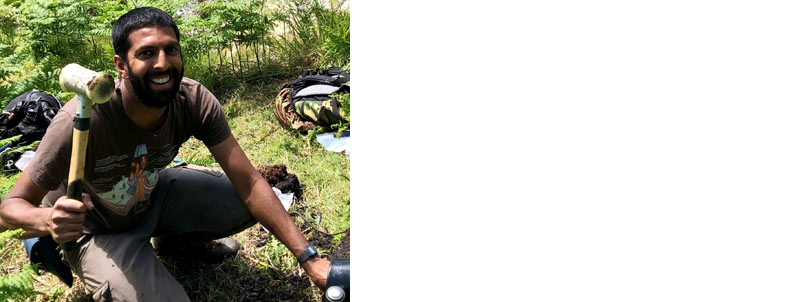

Upcoming events
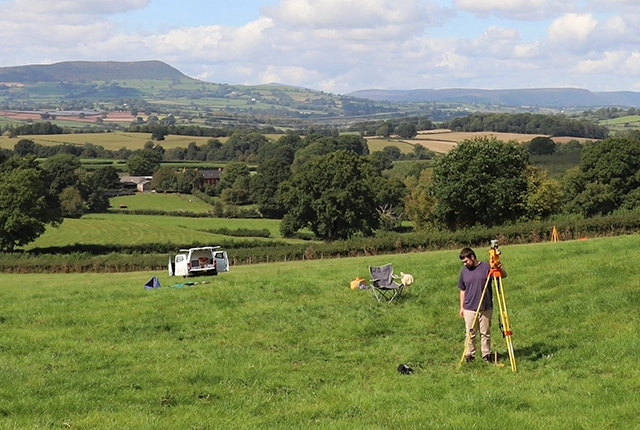
NERC Tech Forum 2025
Event from 03/06/2025 to 05/06/2025
The primary aim of the meeting is networking within technology areas in NERC and related research centres.
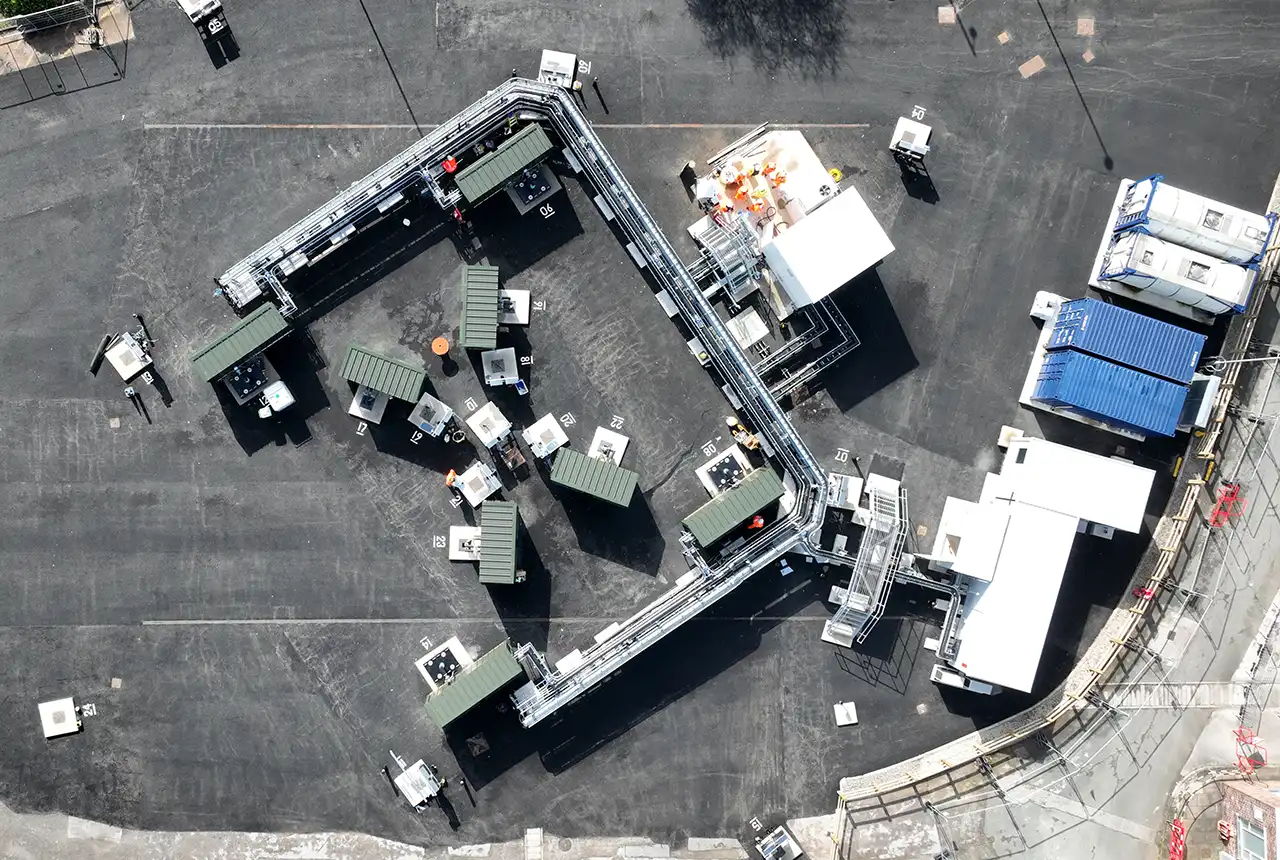
Webinar: underground thermal energy storage (UTES): uncertainties and benefits
Event on 15/01/2025
Join us for a special webinar that will introduce underground thermal aquifer storage and offer all interested parties the opportunity to participate in a workshop to be held in spring 2025.
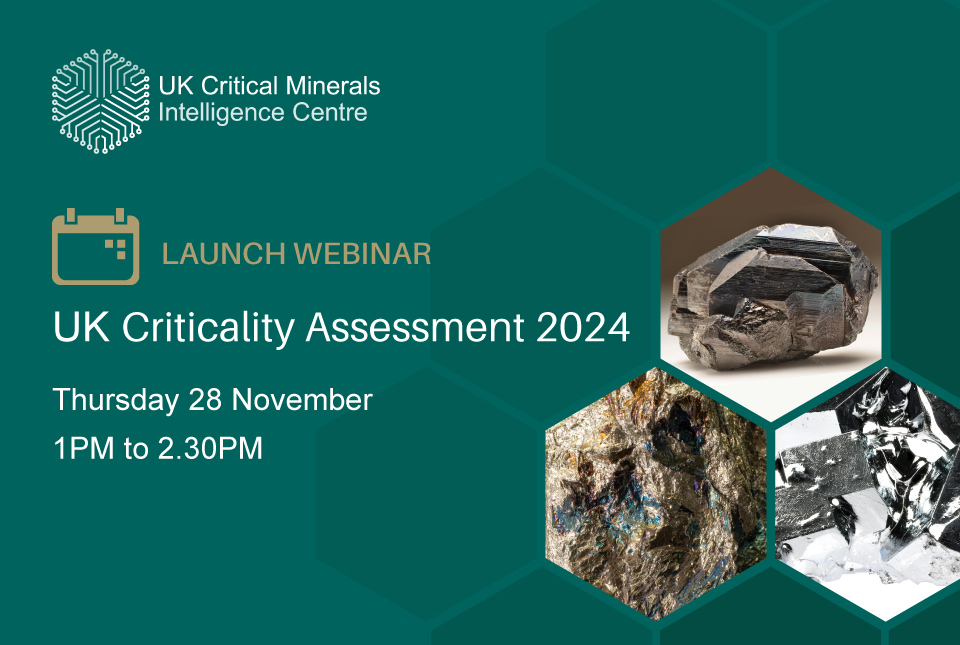
Criticality Assessment 2024 launch webinar
Event on 28/11/2024
A special live webinar with the team from the Critical Minerals Intelligence Centre to accompany the launch the latest UK Criticality Assessment. A recording is now available to watch online
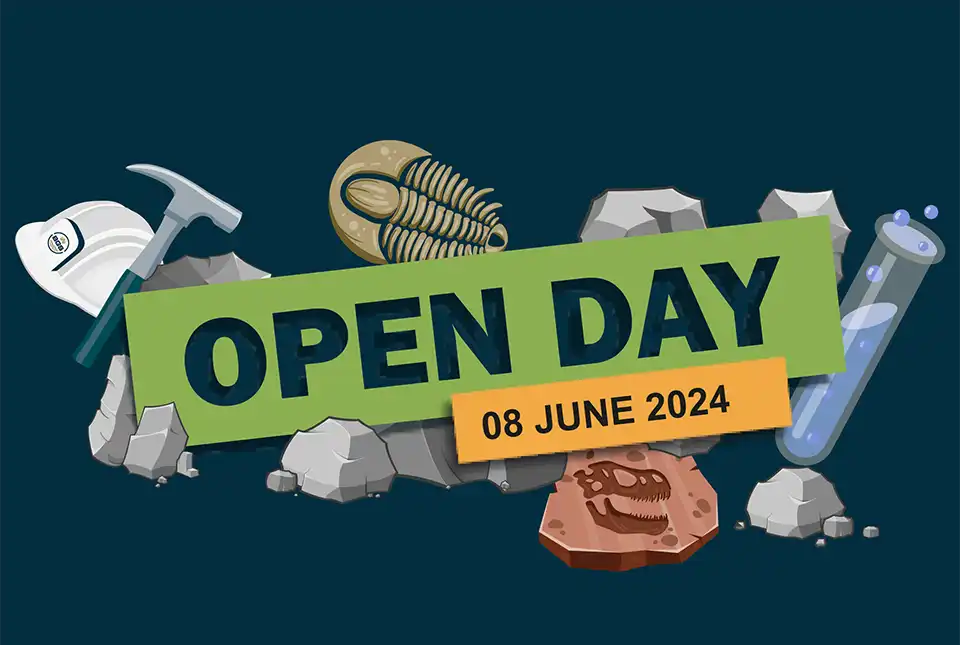
BGS Open Day 2024
Event on 08/06/2024
Join us on 8 June 2024 to explore volcanoes and earthquakes, soils and aquifers, the sea, the sky and everything in between!
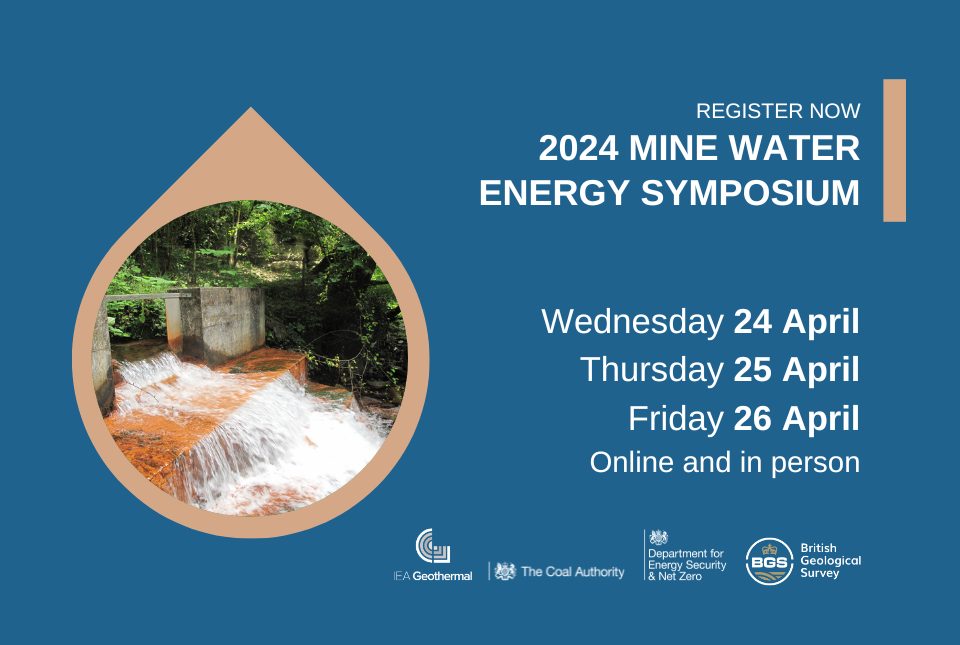
2024 Mine Water Energy Symposium
Event from 24/04/2024 to 26/04/2024
Now in its fourth year, the 2024 Mine Water Energy Symposium will be held in person for the first time in April 2024, with online streaming functionality.
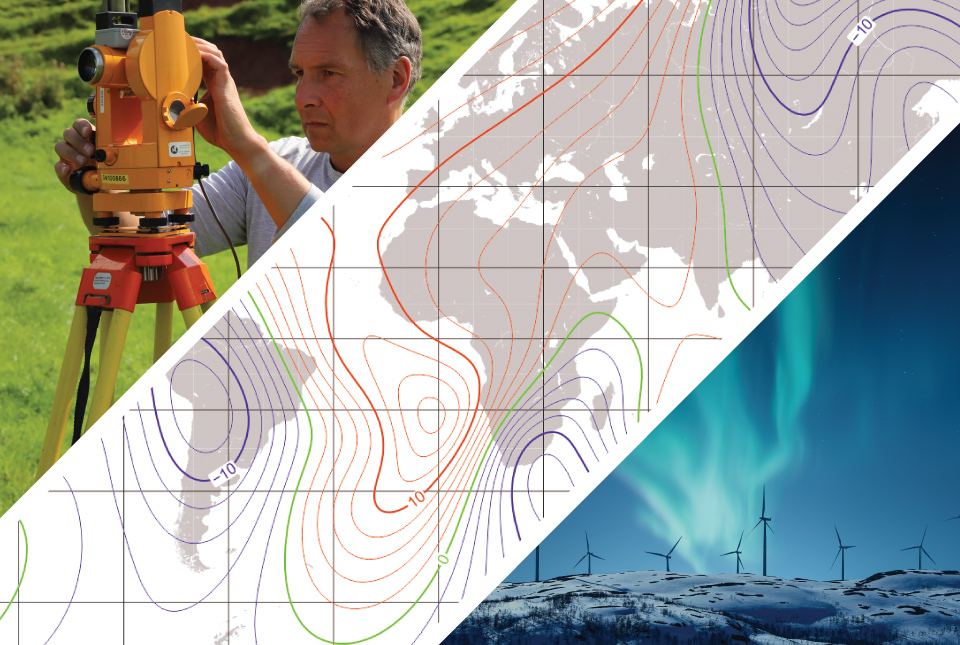
From the Earth’s core to outer space: understanding the magnetic field
Event on 26/03/2024
A special webinar focusing on our our geomagnetism research, including how we measure the magnetic field, everyday applications and mitigating the threats of space weather.
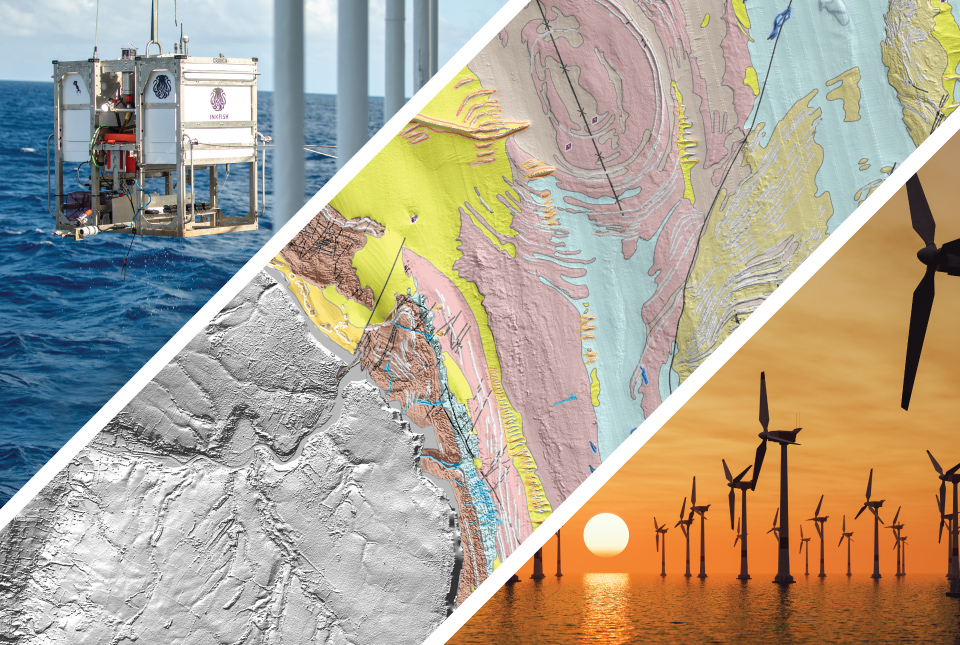
Geology beneath the waves: developing maps and models of the sea floor
Event on 23/11/2023
A special webinar focusing on our cutting-edge sea floor mapping research and an exciting new project exploring the deepest reaches of the world’s oceans. A recording is now available.
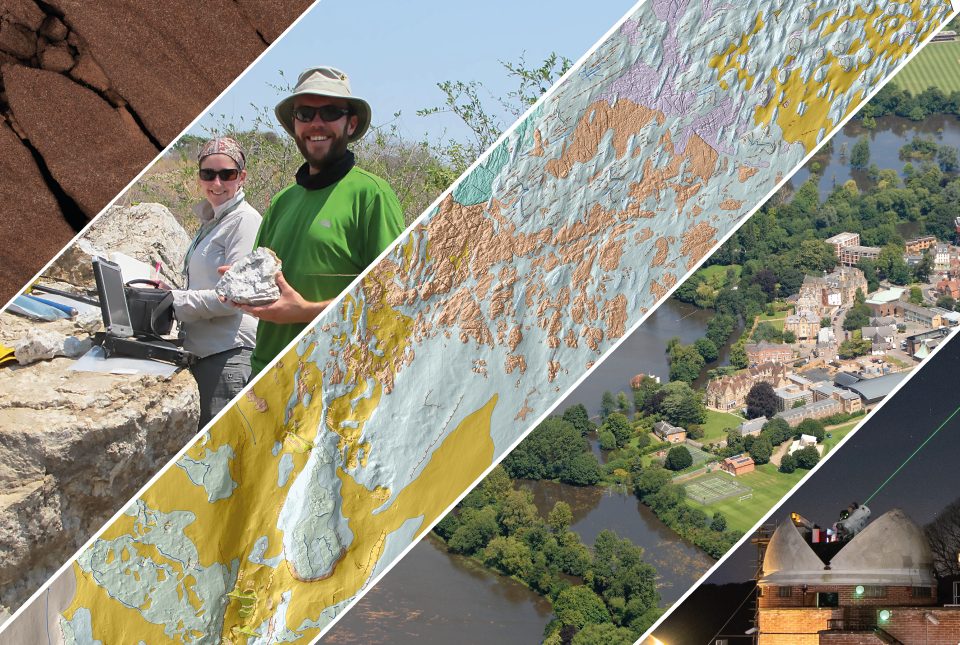
BGS Virtual Strategy Launch – Understanding our Earth
Event on 23/05/2023
Join us online to learn more about our new BGS strategy 2023 to 2028 – Understanding our Earth
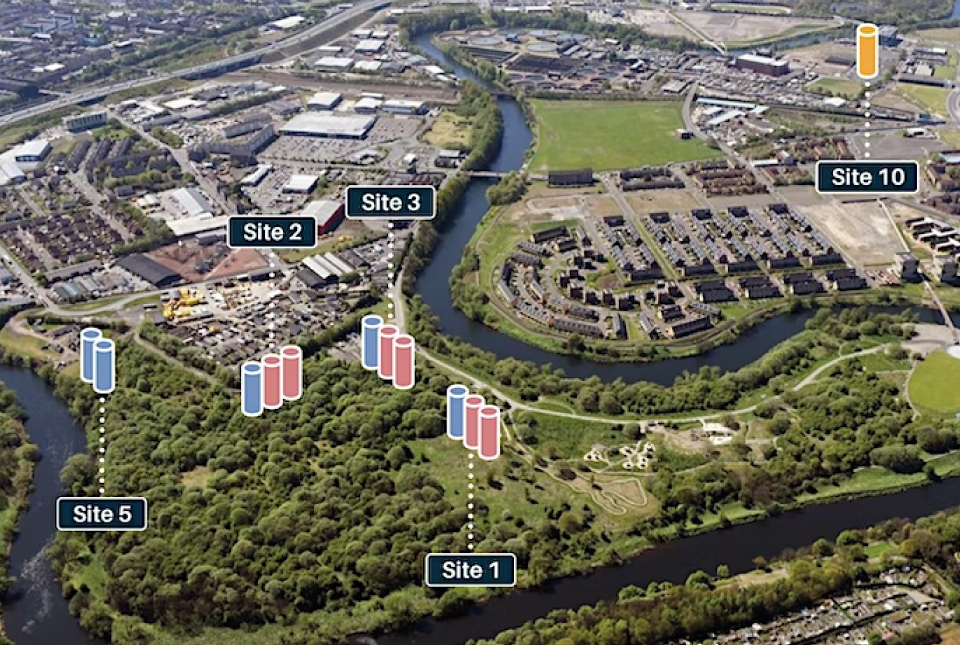
UK Geoenergy Observatories — open events in Glasgow
Event from 26/04/2023 to 27/04/2023
You are invited to visit the UK Geoenergy Observatory in Glasgow, to find out more about what the facility can offer you as a potential user.
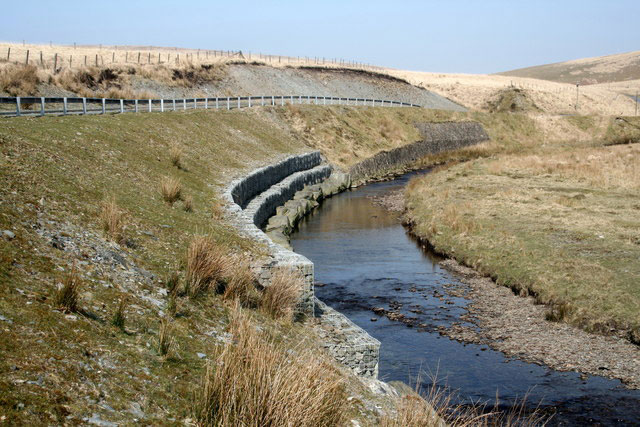
GeoScour dataset launch event
Event on 08/09/2022
BGS Product Development invites you to the launch of our newly updated dataset, GeoScour.
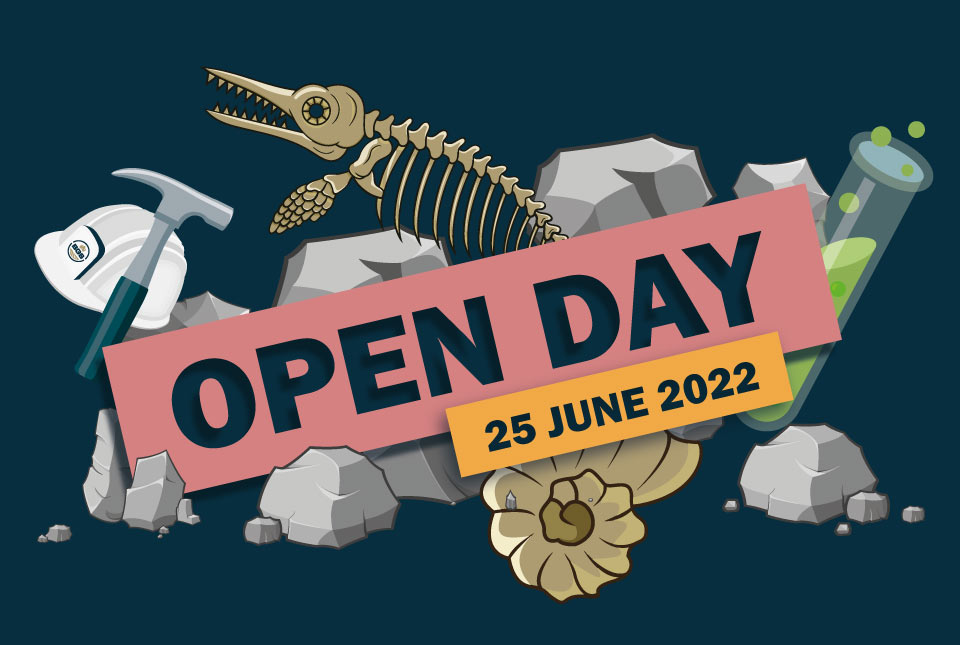
BGS Open Day 2022
Event on 25/06/2022
Join us for a FREE day of science and discovery as we explore the fascinating world beneath our feet!


